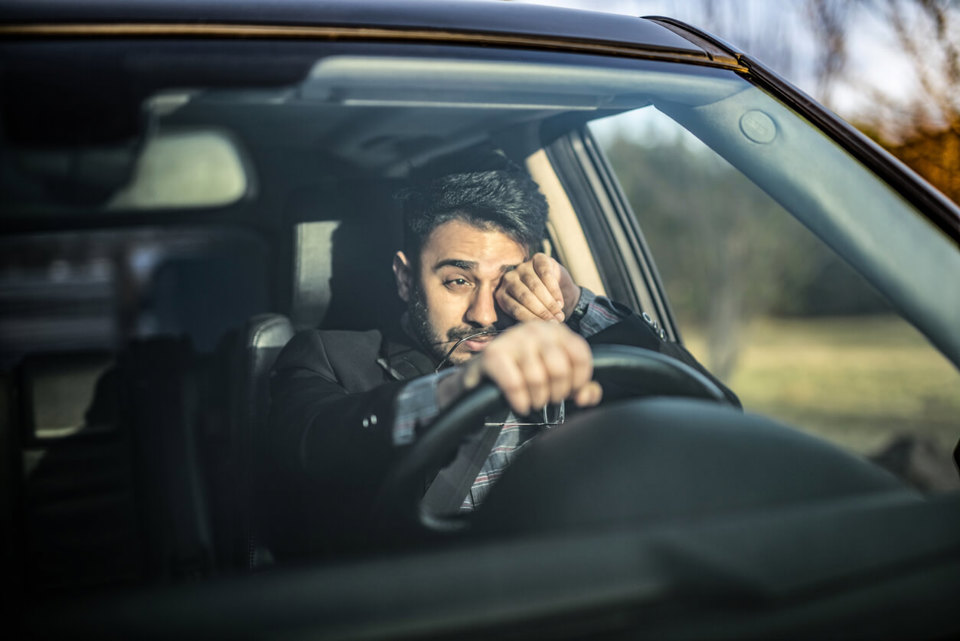Anti Sleep Pilot, an in-car system for monitoring driver alertness levels to prevent fatigue-related traffic accidents, has been launched in the UK.
A Department for Transport review of international evidence suggests that driver fatigue may be a contributory factor in as many as 20% of all road accidents.
However, Anti Sleep Pilot helps drivers to completely avoid getting into dangerous situations caused by tiredness.
The dash-mounted device calculates the driver’s fatigue level during a drive and maintains alertness through simple tests, advising when to take a preventive break before the fatigue level becomes critical.
Before using the device the first time, the driver takes a short questionnaire to find their individual risk profile. To predict driver fatigue, Anti Sleep Pilot combines this profile with drive data that automatically registers via built-in sensors. The data includes time driven, time of day and reaction time to simple tests, which also serve to maintain alertness. In total, the device uses 26 scientifically validated input parameters to calculate driver fatigue.
Once a critical fatigue level approaches, the device sends a light and sound signal to let the driver know it's time to take a break. A subtle light and sound indication is given when ten minutes has passed and it is safe to continue driving.
Anti Sleep Pilot can be used by a limitless number of drivers, as long as they have undertaken the risk profile questionnaire. Additionally, as the Anti Sleep Pilot is attached to the dashboard via a magnetic sticker, no installation process is required and it can be retro-fitted to every vehicle.
“We’ve been overwhelmed by the response that Anti Sleep Pilot has had in Denmark and the US,” says Troels Palshof, CEO and founder of ASP Technology.
“It’s clear that we have hit on a problem which is found throughout the world. Driver fatigue causes too many deaths in the UK and the summer is when many families find themselves making long journeys as they go on holiday. By launching the ASP in the UK now, we hope that we can help reduce this sad figure and make motorists more attentive to their tiredness levels.”





















Login to comment
Comments
No comments have been made yet.